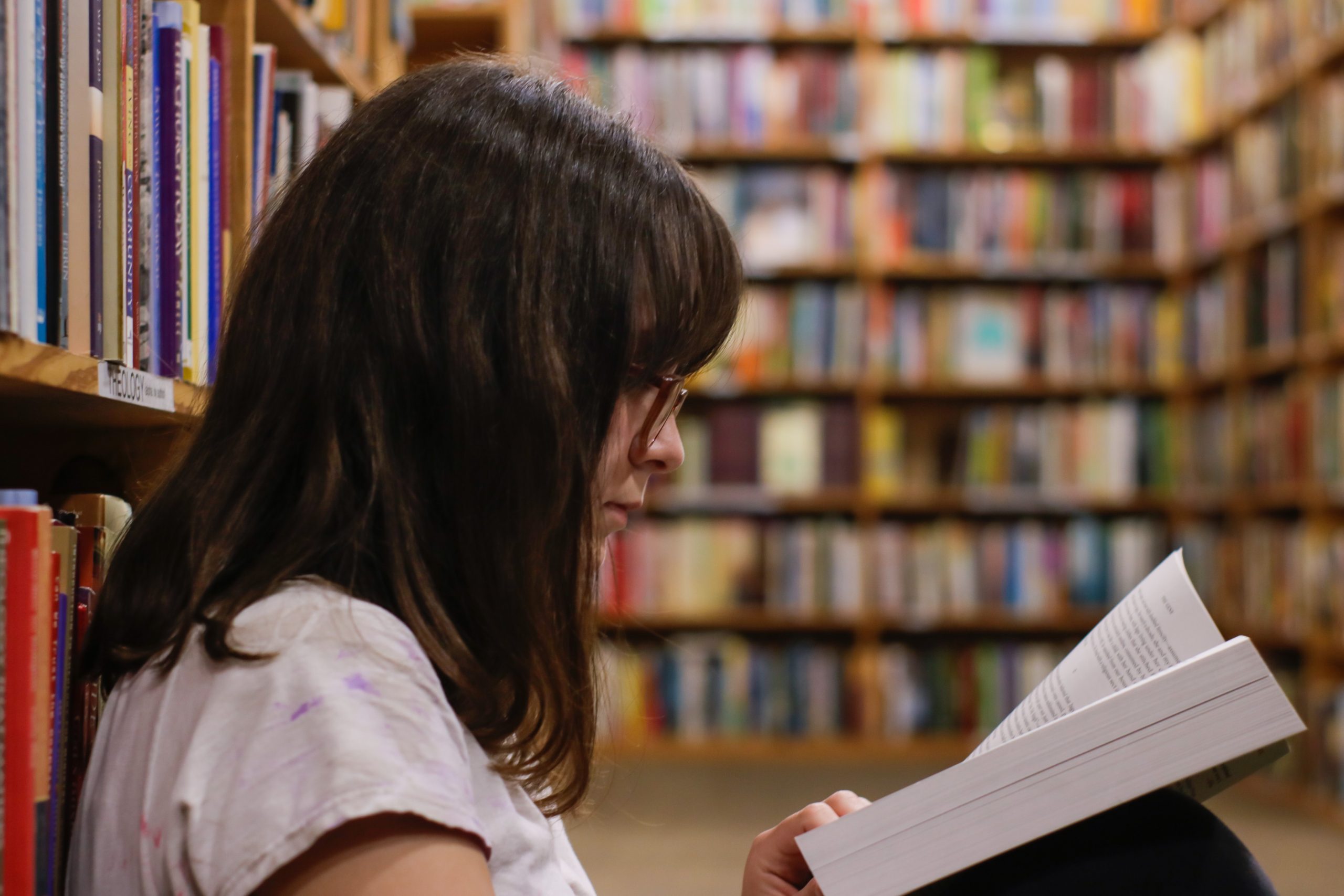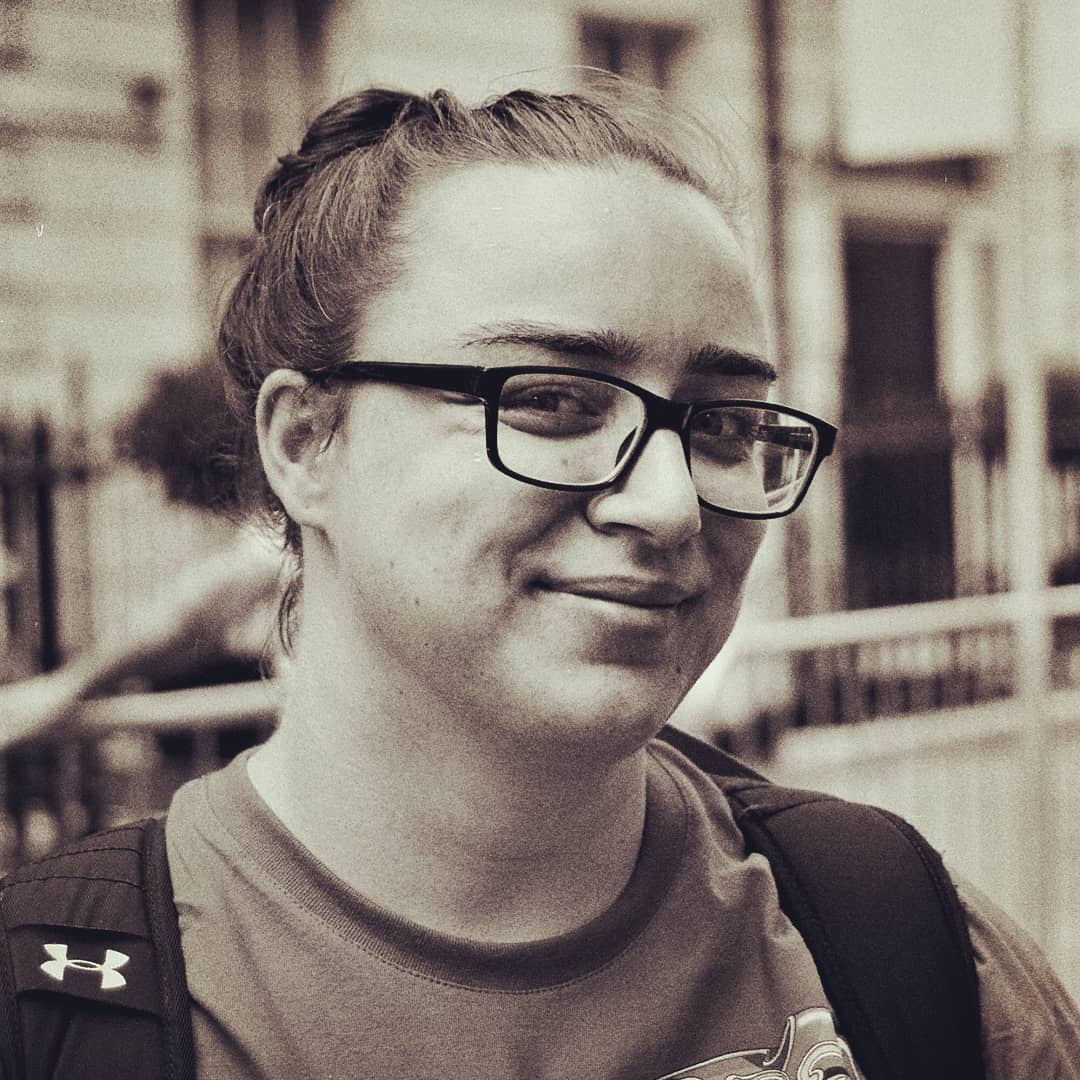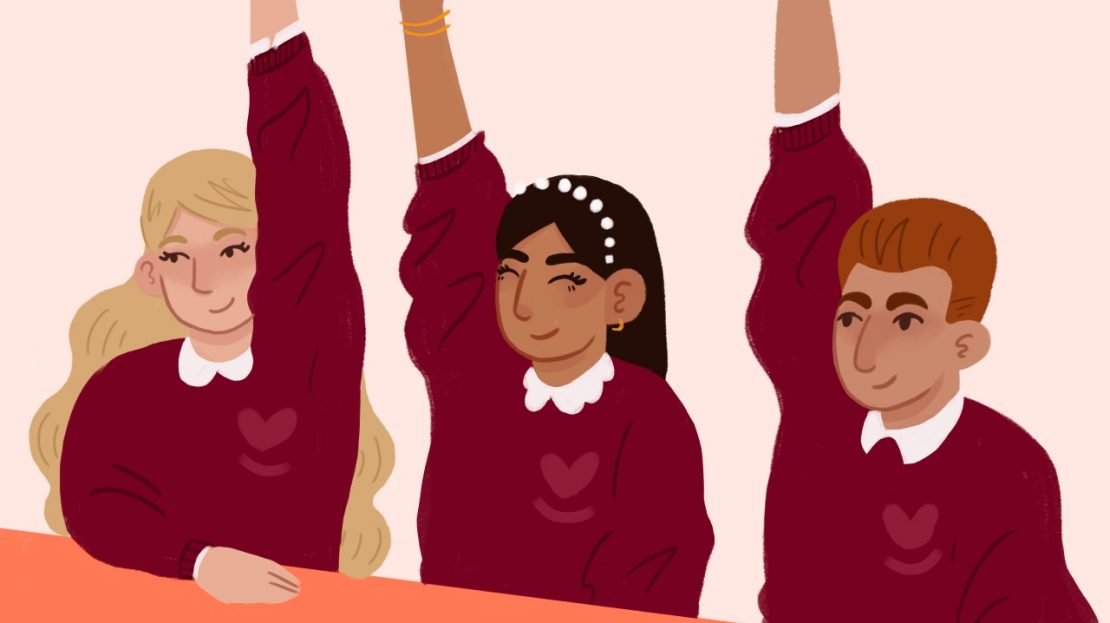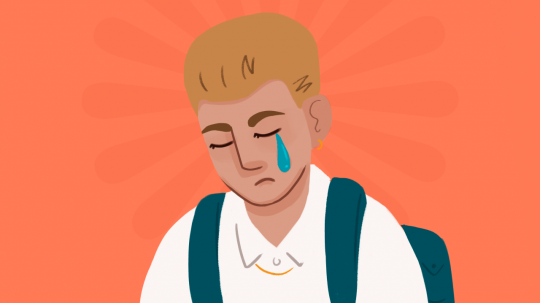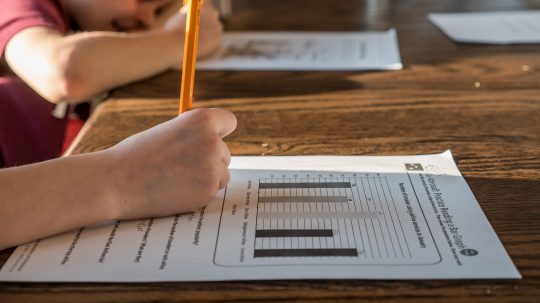Children have a right to education under Article 2 of the first Protocol of the Human Rights Act as well as under Articles 28 and 29 of the United Nations Convention on the Rights of the Child.
But, for Gypsy, Roma and Traveller (GRT) children, what is the cost of this education when it comes coupled with discriminatory attitudes from teachers and a wider system that isn’t designed with difference in mind?
Whilst working as an Education Policy and Campaigns Officer, I was inundated with requests for support and many times I found myself being approached outside of work by families who needed support.
Unfortunately, families rarely meet the threshold to take legal action because discrimination in the education system can be hard to document and difficult to prove. While parents know that their child is being treated differently, without concrete proof justice is hard to attain. There are also barriers when documenting discrimination in the education system which often requires digital literacy to be able to make complaints. For Gypsy, Roma and Traveller families, it can feel as though the system is stacked against you.
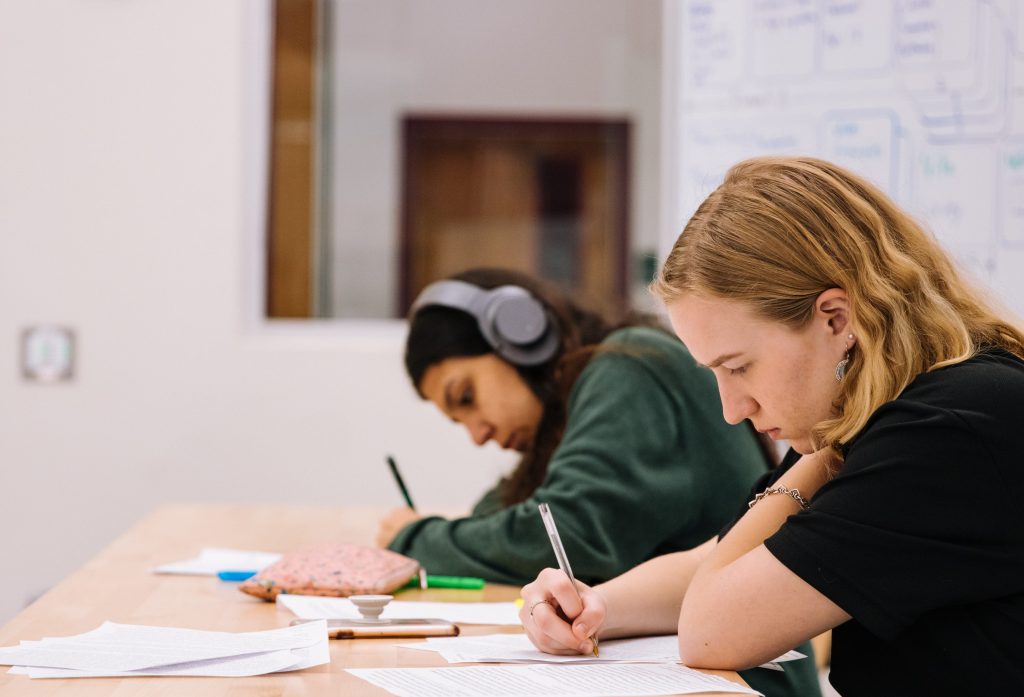
Credit: Jeswin Thomas/Unsplash
Discrimination is discrimination
The discrimination is often covert, with teachers treating families who are known to be GRT differently. This comes in the form of lower expectations, difficulty accessing support and a punitive approach to behavioural issues.
For example, GRT children facing harsher punishments than their peers for the same infractions, or teachers believing that these children weren’t going to achieve the same as their peers and so paying them less attention and giving them less support. This was the case for Annie who moved her daughter to a new school:
“My daughter is smart but many of her teachers thought that because she’s a Traveller she won’t achieve anything. They would put her in the lower sets even when she was getting good scores. They said it was because she wouldn’t use it.”
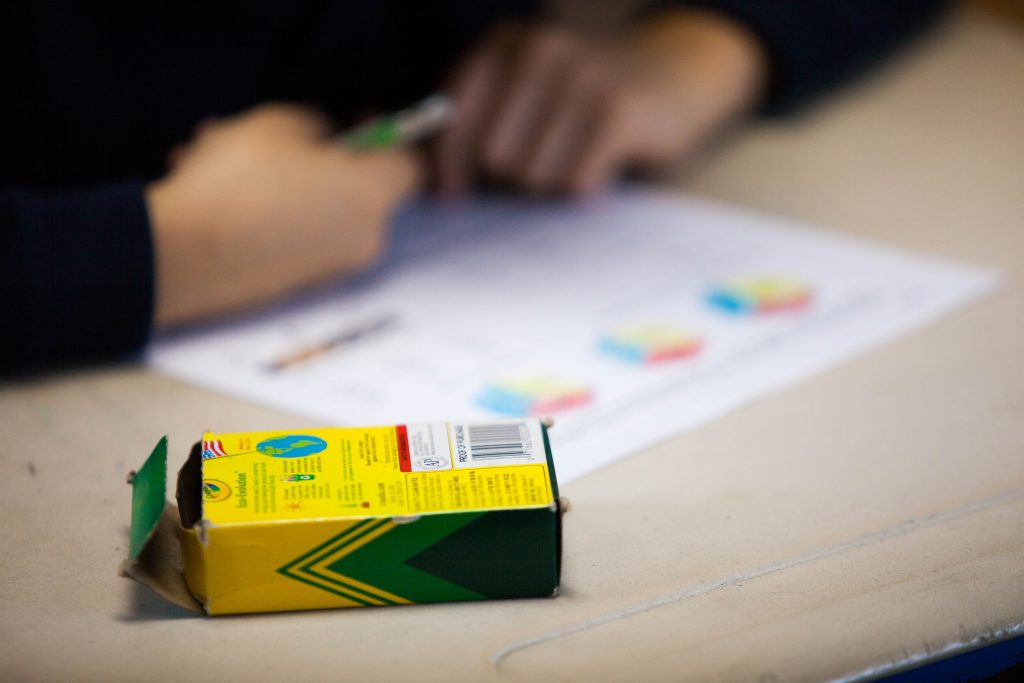
Credit: Ben Mullins/Unsplash
The impact on children’s mental health is severe
Whilst conversations about discrimination usually centre on the unfair action itself, little attention is paid to the impact that discrimination has on children and young people. In recent years, there has been a greater focus on the mental health of children and young people in general, with the percentage of young people accessing support for severe mental health issues increasing by 77%, alongside an increase in less severe mental health issues. We know that children and young people experiencing racism and discrimination are likely to report that it has affected their mental wellbeing, especially when these are everyday occurrences.
For Gypsy, Roma and Traveller children and young people experiencing mental distress as a result of experiencing discrimination, it can be difficult to know where to turn for support. If the people you are meant to turn to are the perpetrators, what do you do? Far too often, GRT children experience schools and the wider education system reinforcing negative messages pushed out by society, the media and politicians.
Gypsy, Roma and Traveller communities already have higher rates of suicide and poorer mental health than the general population and in Ireland recent conversations have focussed on the affect that discrimination has on mental health and its contribution to the crisis.
For Gypsy, Roma and Traveller children and young people who persist in schools where they are experiencing discrimination, they are being taught, subliminally, that not only do they not belong but also that attempts to access support will be met with discriminatory attitudes. This was the case for Sam who tried to access support for her daughter:
“My daughter was struggling with her mental health. It had been a difficult time for us as a family, especially with two other children with special educational needs. She was being bullied because of her ethnicity and, instead of addressing the situation, the school suggested she be home-schooled. I knew this wasn’t right. I just wanted my daughter to get support for her mental health and for them to stop the bullying”.
The system must celebrate different identities
Many Gypsy, Roma and Traveller children persist in education despite the hurdles they are facing, but at what cost, when the long-term affects of life-long discrimination point towards increased risk of severe mental health issues.
Schools need to do more to ensure that teachers are educated in Gypsy, Roma and Traveller cultures so that they aren’t relying on messages pushed out by the media and politicians. With higher expectations and the celebration of their identities, we can begin to turn the tide and ensure that Gypsy, Roma and Traveller children are leaving school enriched by the time they have spent there.
Educational attainment isn’t enough: we need to safeguard the mental wellbeing of children and young people, ensuring that they can access education free of discrimination, whether it is under the surface or out in the open.
The views expressed in this article belong to the author and do not necessarily represent the views of EachOther.
About ‘The Inspired Source’ Series
This series is part of our work to amplify the voices of aspiring writers that are underrepresented in the media and marginalised by society. Each piece examines a human rights issue by which the author or their community is affected. Where possible, authors outline a position on how we might begin to address the issue. Find out more about the series and how to send us a pitch on this page.

